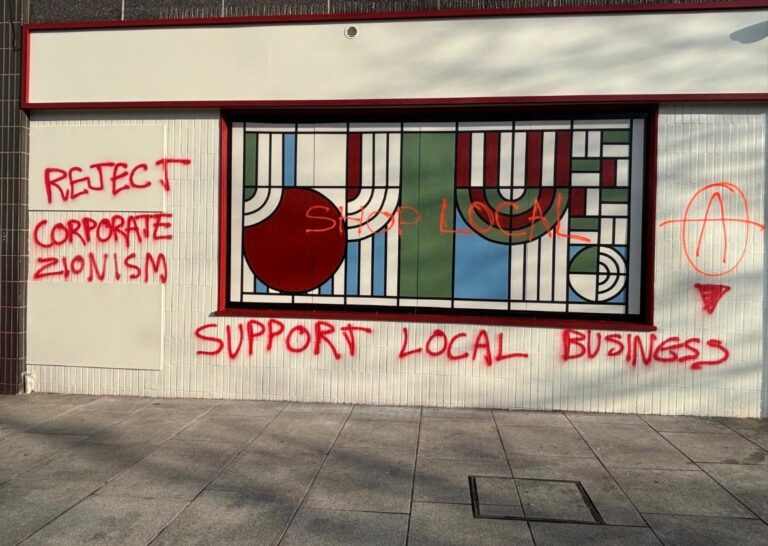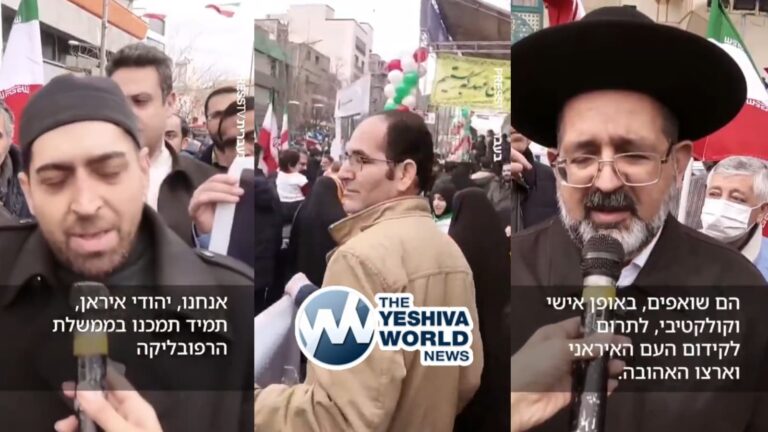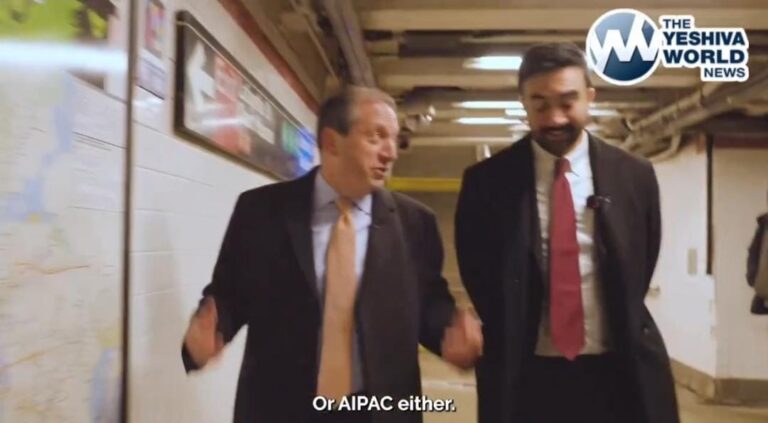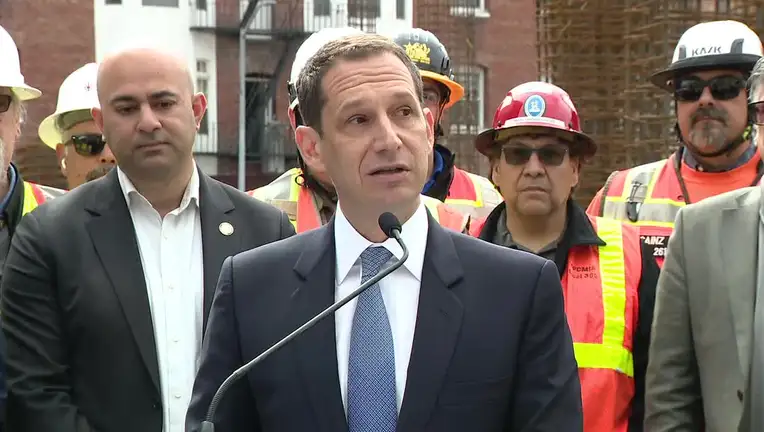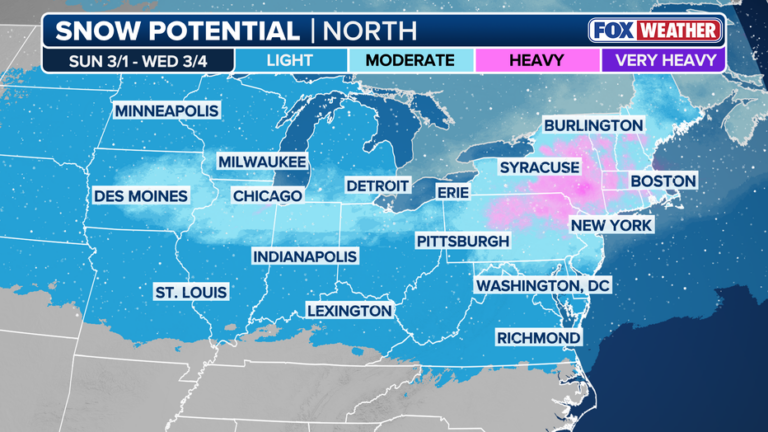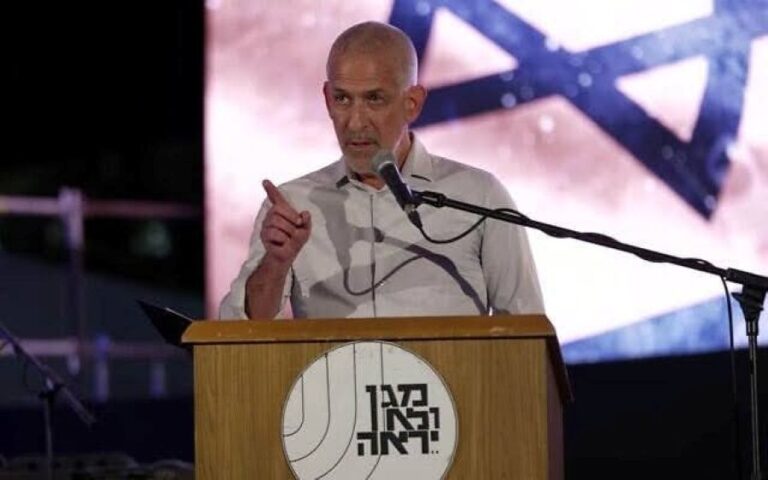The end of this week’s parsha discusses the mitzvah of egla arufa where a corpse was found between two cities and it is unknown in which city the person was last seen in. The Torah tells us that the elders of these cities measure the distance to determine which municipality is closer to the corpse. Sifri says that the Kohanim began to say viduy; they said ‘kaper al amcha Yisroel asher padisa Hashem.” This teaches us that this kapara was even for the yidden that were yotzei Mitzrayim – redeemed from Mitzrayim. Why? He translates this to mean that ‘kaper al amcha’ is going on the living of that city and that ‘asher padisa’ includes even those who have passed on. We see that everyone from this city needs a kapara-be they alive or dead, even if they lived there all the way back to those who actually left Mitzrayim.
We see a tremendous idea here. If someone was to kill another, R’L, and there were two witnesses who warned him not to do so, Bais Din has the ability to put the person to death. Do we say that the whole city needs kapara too? We don’t. So what is different here? This case is not as strict as the previous mentioned case-as we don’t even know how he died- yet we see that the punishment, and the need for a kapara, is much more severe here. What can be the explanation?
Reb Leib Chasman, Zt’l, says that when we don’t know who the murderer is its much harsher. Because when we know who had committed the crime we know that the person can do teshuva and hopefully Hashem will accept it. But if we have someone who is living in a city and is secretly killing people and no one knows his actions, such a person is not doing teshuva because he thinks he is getting away with it. For this type of aveira requires such a strong kapara that it will take you all the way back to yotzei Mitzrayim!
People who are honest with themselves and realize what they are doing may be wrong but are working on correcting their behavior, are ok. But if you have a person who does sneaky things and doesn’t believe they are doing anything wrong they will never do teshuva; they think they’re getting away with it. It’s an aveira that lingers and you need an enormous kapara there; more so because it’s much more stringent. The first step is to acknowledge and identify the issue, not to cover it up. A person who covers his actions has no hope because they don’t admit that it is a problem and they justify it; therefore they won’t address the issue. In such an instance, in order to cool the wrath of Hashem we must ask everyone associated with this place to request a kapara.
A lesson we can learn from this is not to pull a fast one and not to sugar coat things. The first step to perfecting oneself is identifying which areas need work and then beginning over there. We have already begun Elul-a time when we look into our daily activities and ask in which areas can we improve ourselves? Be it in tzedaka, coming on time to davening, or any other area that one feels they can use improvement in- there’s no better time than now. A person who feels everything is good and sweeps issues under the rug has no hope for improvement. But a person who realizes the issues at hand will at least have the opportunity to try to fix them and beg Hashem for his mercy in granting them another year of life.
May we all be zoche.
HAVE A GREAT SHABBOS


